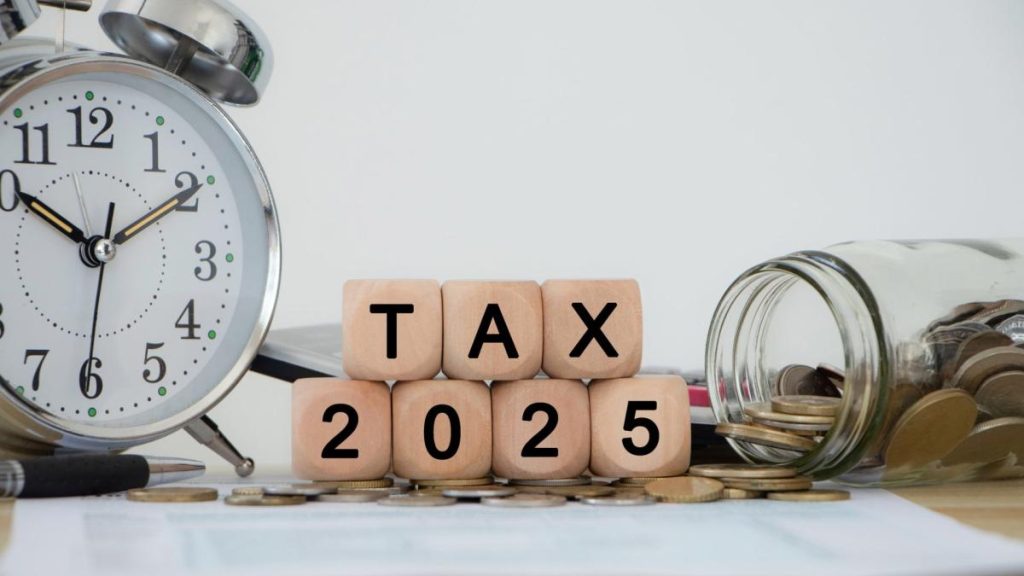
Taxes seem to be one of the only guarantees of life. There’s no way around them, and though it can be cathartic to complain about filing your tax return, when it comes to your total income or even taxable income, no one escapes the IRS tax-free.
Though nobody wants to owe more money on their tax bill than is absolutely necessary, this doesn’t mean there aren’t also ways to save on everything from your retirement plan to capital gains. Luckily, there are several smart strategies you can employ to reduce your total tax liability. In an informative video, personal finance expert George Kamel shared some tips for how to save money on your taxes.
While it may be too late to take advantage of some of these tips for filing your state or federal income taxes this year, keep these strategies in mind, as they could help you save money on your taxes in the future.
Check Out: The Best Tax Deductions and Tax Breaks for 2024-2025
Read Next: 7 Tax Loopholes the Rich Use To Pay Less and Build More Wealth
If you owed a tax bill when you filed in recent years, you’re likely withholding too little when it comes to your paychecks. However, if you’ve been receiving tax refunds each year, you’re likely overpaying your taxes throughout the year.
You can use the IRS Tax Withholding Estimator or other tax software to figure out the appropriate tax withholding for you based on your income, as wells as tax deductions and earned income tax credits. This way, you don’t end up with a huge tax bill when you file and you don’t give the government a 0% interest loan all year long.
If you owe a tax bill this year or receive a large tax refund, take the time now to look at your withholding to ensure you’re paying only what you need to.
Discover More: Trump Wants To Replace Income Taxes With Tariffs: 2 Impacts on the Middle Class
If you’re expecting to receive a bonus or additional payment close to the end of the year, consider asking for a deferral. This might include a holiday bonus from your employer or your final paycheck of the year.
If you’re self-employed, you can strategically defer payments by waiting until the end of December to bill your clients so that you aren’t paid until the following year.
The reason for deferring the payments to the following year is that you’ll delay your tax liability on the additional income into the following tax year. However, deferring your income to save on taxes usually makes sense only if you expect to be in the same or lower tax bracket the following year.
Making 401(k) or IRA contributions is another smart way to reduce your tax liability. The greater the percentage of your gross income that you allocate toward your 401(k) or IRA, the less taxes you’ll owe to the IRS since you’ll be deferring tax liability until later in life.
